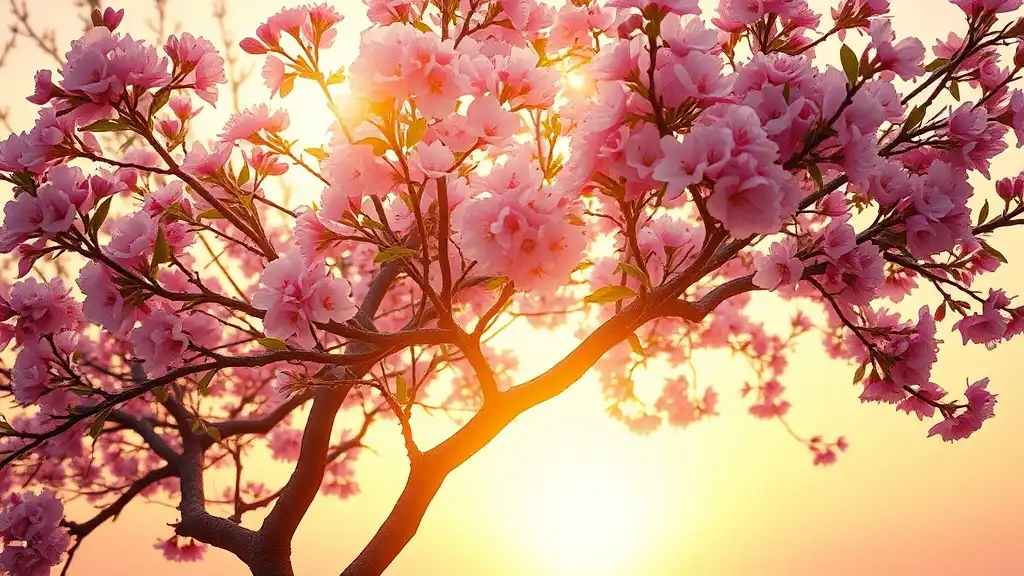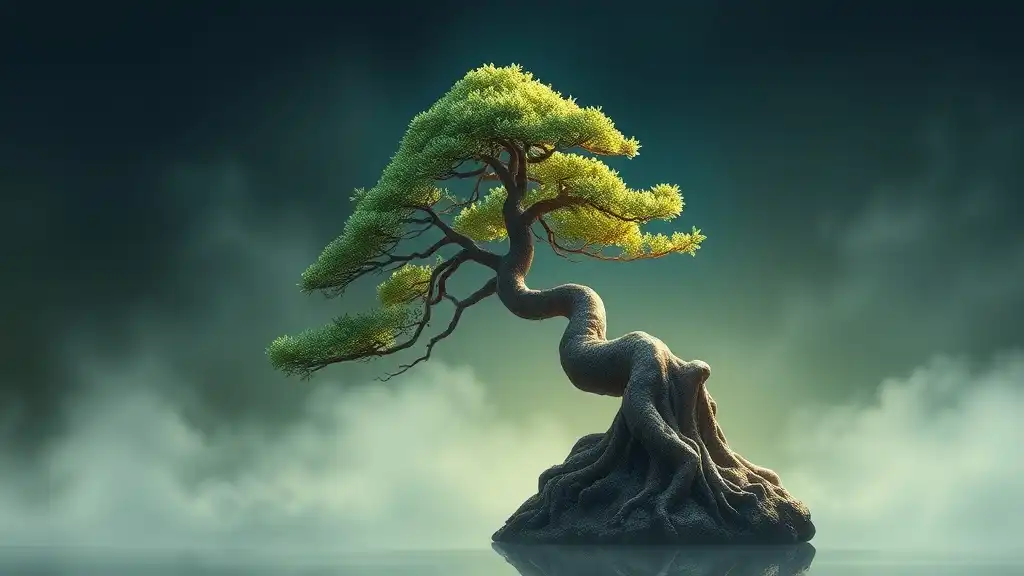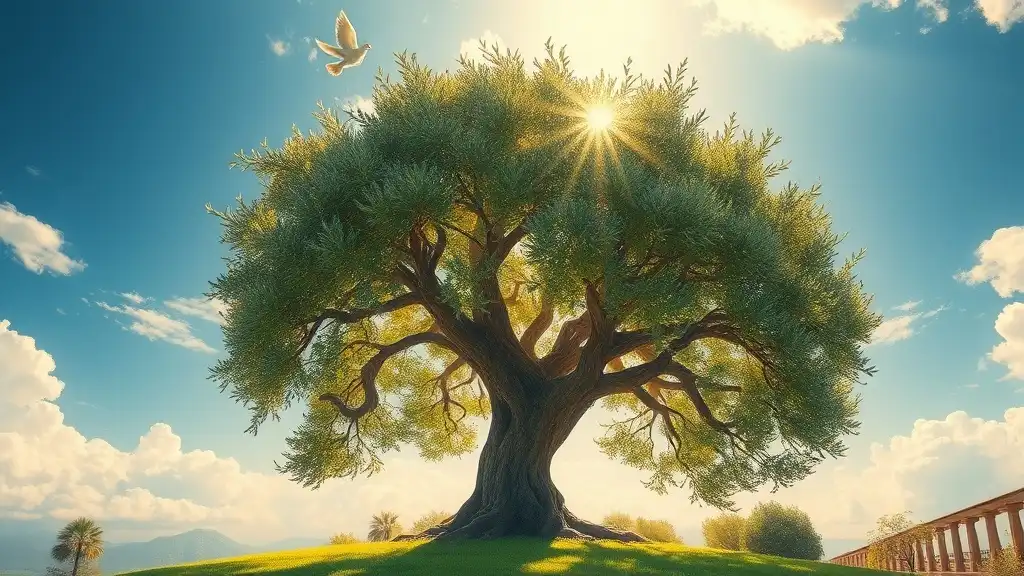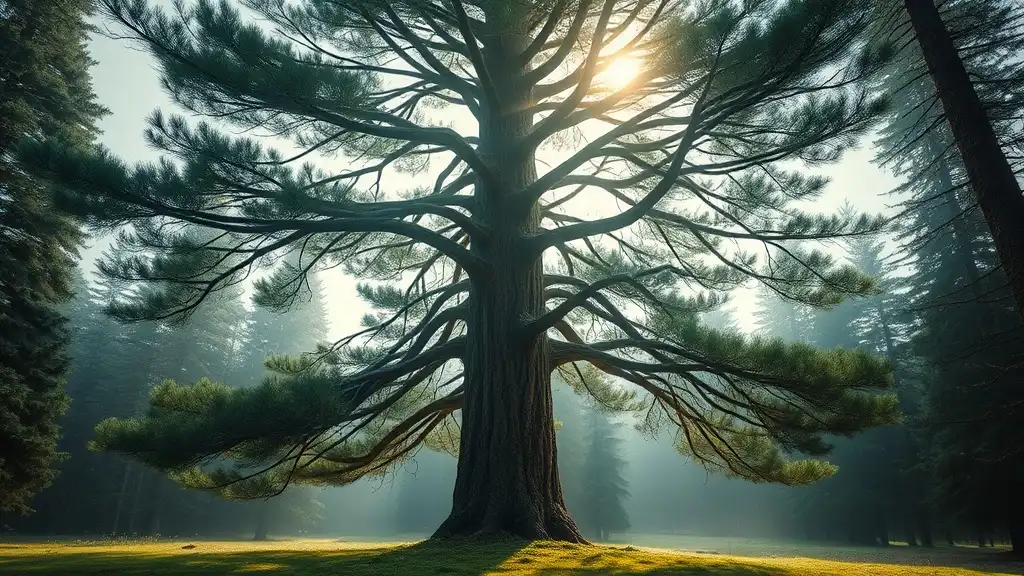Bonsai trees are not just beautiful miniature versions of full-sized trees; they are rich in spiritual meaning and significance. For centuries, bonsai has captivated people around the world, symbolizing much more than mere aesthetic pleasure. Engaging with a bonsai tree can open a portal to understanding the interconnectedness of nature and the inner self. By exploring its spiritual meaning, we can uncover lessons that resonate deeply with our lives.
The Bonsai Tree: More than Just Art
Bonsai is an ancient art form that originated in China over a thousand years ago before being refined in Japan. The term "bonsai" itself translates to "planted in a container," evoking images of both artistry and craftsmanship. The essence of bonsai is not just in the trees themselves but in the philosophy surrounding their cultivation.
Culturally, bonsai holds significant value in various regions. In Japan, it is often considered a meditative practice, while in other cultures, it represents a connection to nature and the universe. Each bonsai tree tells a story and embodies the soul of its caretaker, marrying art and spirituality in a unique way.

Spiritual Symbolism of Bonsai Trees
Bonsai trees carry profound spiritual symbolism, often serving as a mirror of our own life journeys. They represent a connection to nature and the earth, reminding us of our roots and the foundations upon which we build our lives.
Besides that, bonsai embodies harmony and balance. The very act of nurturing a bonsai tree teaches us how to cultivate harmony in our lives. Through pruning and shaping, we learn that creating aesthetic beauty requires patience, care, and a vision — a metaphor applicable to our personal growth and relationships.
Moreover, bonsai trees epitomize patience and perseverance. A bonsai doesn't grow into its desired form overnight. Instead, it requires time, dedication, and mindfulness. This process invites us to reflect on our own lives, encouraging us to approach our ambitions and challenges with a patient mindset.
The Life Cycle and Growth of Bonsai
The transformation from seedling to mature bonsai tree is a journey of growth that captures the essence of life itself. Each stage represents challenges and triumphs, resonating with the concept of impermanence. This fleeting nature enables us to appreciate the present moment truly. The life cycle of a bonsai serves as a practical reminder that change is constant, and adapting to it is essential for growth.

Bonsai in Eastern Spiritual Traditions
The spiritual significance of bonsai trees is deeply interwoven with Eastern philosophies, especially Zen Buddhism. In Zen practices, bonsai trees are often used as tools for mindfulness and meditation. The meticulous attention required to nurture a bonsai promotes a deep awareness of the present. Each cut of the shears, each drop of water, becomes a meditative act, fostering a deeper connection between the caretaker and the universe.
In addition to Buddhism, bonsai holds a place in Shinto and Taoism, where it serves as a spiritual representation of the natural world. These traditions emphasize the spiritual significance of nature, encouraging individuals to cultivate a harmonious relationship with the environment.

The Meditation Practices Involving Bonsai
Creating and caring for a bonsai can be a powerful meditative activity. As one engages in the meticulous task of shaping the tree, it encourages a state of flow — a place where thoughts quiet down, and the spirit can truly connect with nature. This meditative state nurtures mindfulness, allowing individuals to become more attuned to their thoughts, emotions, and surroundings.
Caring for a bonsai not only nurtures the tree but also serves as a pathway to self-reflection. It teaches us about the importance of nurturing our inner selves with the same care and attention we show to these miniature trees.

The Rituals Associated with Bonsai Trees
The rituals surrounding bonsai trees can be immensely spiritual and meaningful. The processes of planting and pruning become acts rich in intention and purpose. Each cutting of a branch can symbolize letting go of past grievances or unhealthy habits, while each new leaf represents growth and renewal.
Seasonal rituals also hold significant value, offering an opportunity to reflect on the changing cycles of life. By engaging with the natural rhythms, caretakers can infuse their practices with mindfulness and gratitude, deepening their connection to the bonsai and the larger world.

Linking Bonsai to Personal Spiritual Growth
Interweaving bonsai into one’s life offers a unique opportunity for personal spiritual growth. These trees serve as mirrors reflecting our own strengths and weaknesses. By observing the bonsai, we can gain insights into how we manage our own lives: our patience, our ability to adapt, and our commitment to nurturing our aspirations.
Bonsai encourages acceptance. It teaches us to embrace imperfection and find beauty within it. Through touching the leaves and shaping the branches, one learns the art of self-acceptance and the importance of patience in the journey of life.

Conclusion
The bonsai tree is a living embodiment of nature's artistry and a conduit for spiritual exploration. By understanding its significance, we invite a sense of serenity and mindfulness into our lives. Engaging with bonsai is not just a pursuit of aesthetic beauty; it's a pathway to deeper self-awareness and a fuller appreciation of the interconnectedness of all living things. The subtleties in nurturing a bonsai can profoundly enhance our spiritual lives, making it an invaluable practice for anyone seeking inner peace and growth.



















